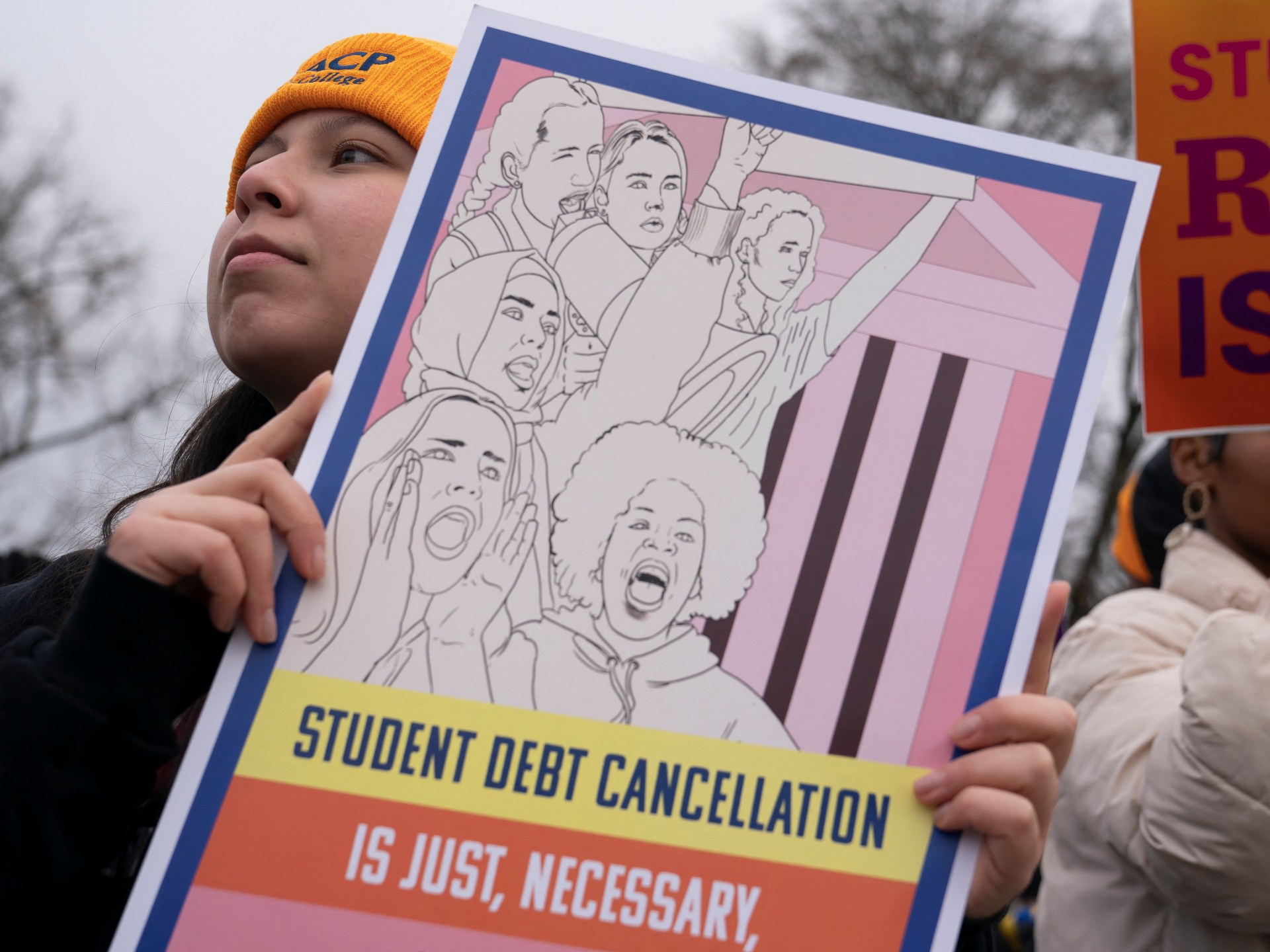Chad’s ruling party wins majority in controversial parliamentary election
 12 January 2025
12 January 2025
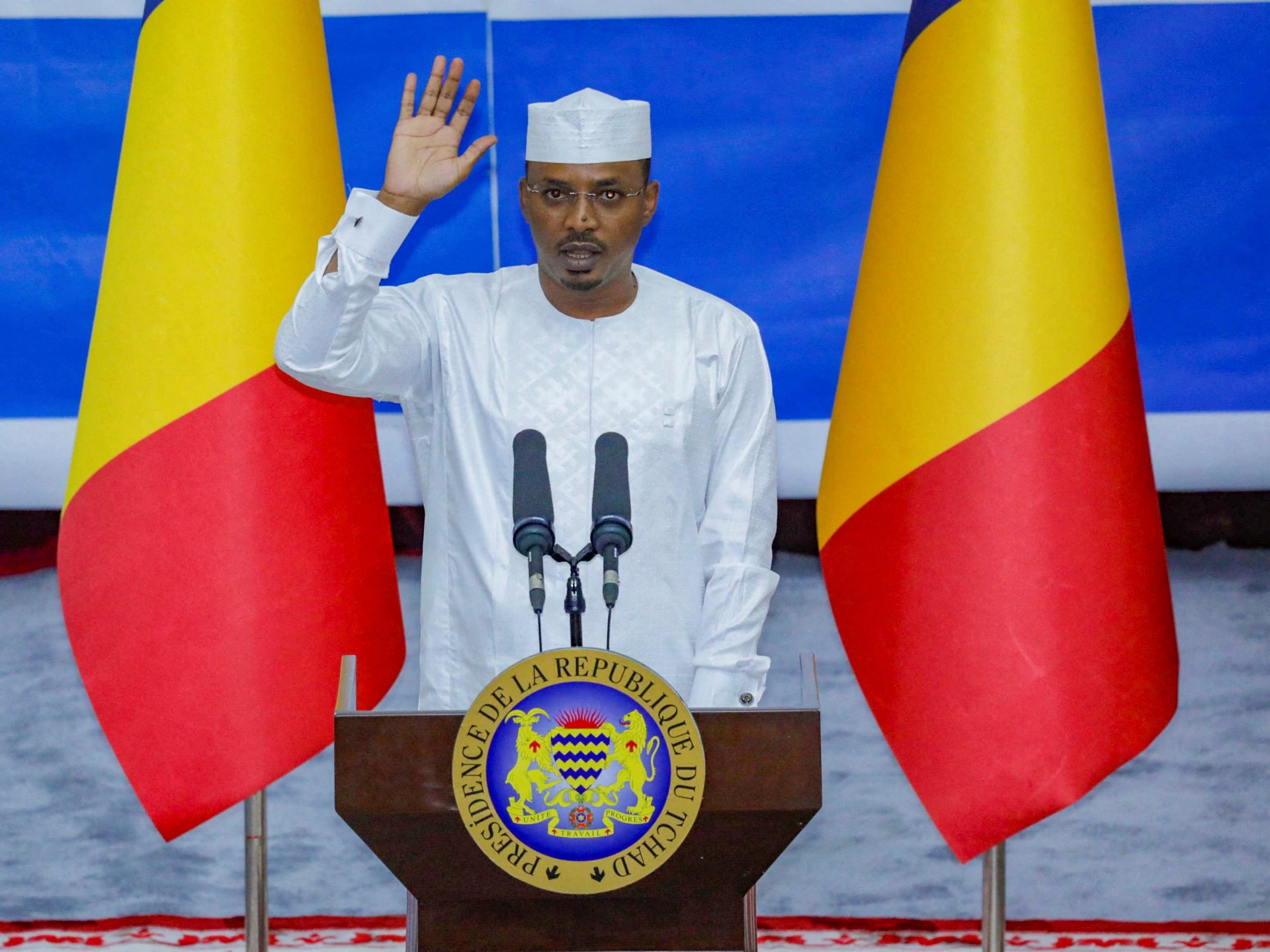

Chad’s governing party has taken the majority of seats in last month’s parliamentary election that was mostly boycotted by opposition parties, according to provisional results.
President Mahamat Idriss Deby’s party, the Patriotic Salvation Movement, has secured 124 of the 188 seats at the National Assembly, Ahmed Bartchiret, head of the electoral commission, announced late on Saturday.
The participation rate was put at 51.56 percent, which opposition parties said showed voter doubts about the validity of the contest.
The December 29 election was presented by Deby’s party as the last stage of the country’s transition to democracy after he took power as a military ruler in 2021.
The takeover followed the death of Deby’s father and longtime President Idriss Deby Itno, who spent three decades in power. Mahamat Deby eventually won last year’s disputed presidential vote.
The vote, which also included municipal and regional elections, was Chad’s first in more than a decade.
Deby had said the election would “pave the way for the era of decentralisation so long-awaited and desired by the Chadian people”, referring to the distribution of power beyond the national government to the various provincial and municipal levels.
Advertisement
The election was boycotted by more than 10 opposition parties, including the main Transformers party, whose candidate, Succes Masra, came second in the presidential election.
The main opposition had called the election a “charade” and expressed worries that it would be a repeat of the presidential vote, which election observers said was not credible.
Last month’s vote came at a critical period for Chad, which is battling several security challenges – from attacks in the Lake Chad region by the Boko Haram armed group to ending decades-long military cooperation with France, its former colonial power.
The severing of military ties echoes recent moves by Mali, Niger and Burkina Faso, which all kicked out French troops and fostered closer ties with Russia after a string of coups in West and Central Africa’s Sahel region.
This week, security forces foiled an attack on the presidency that the government referred to as a “destabilisation attempt”.
Related News
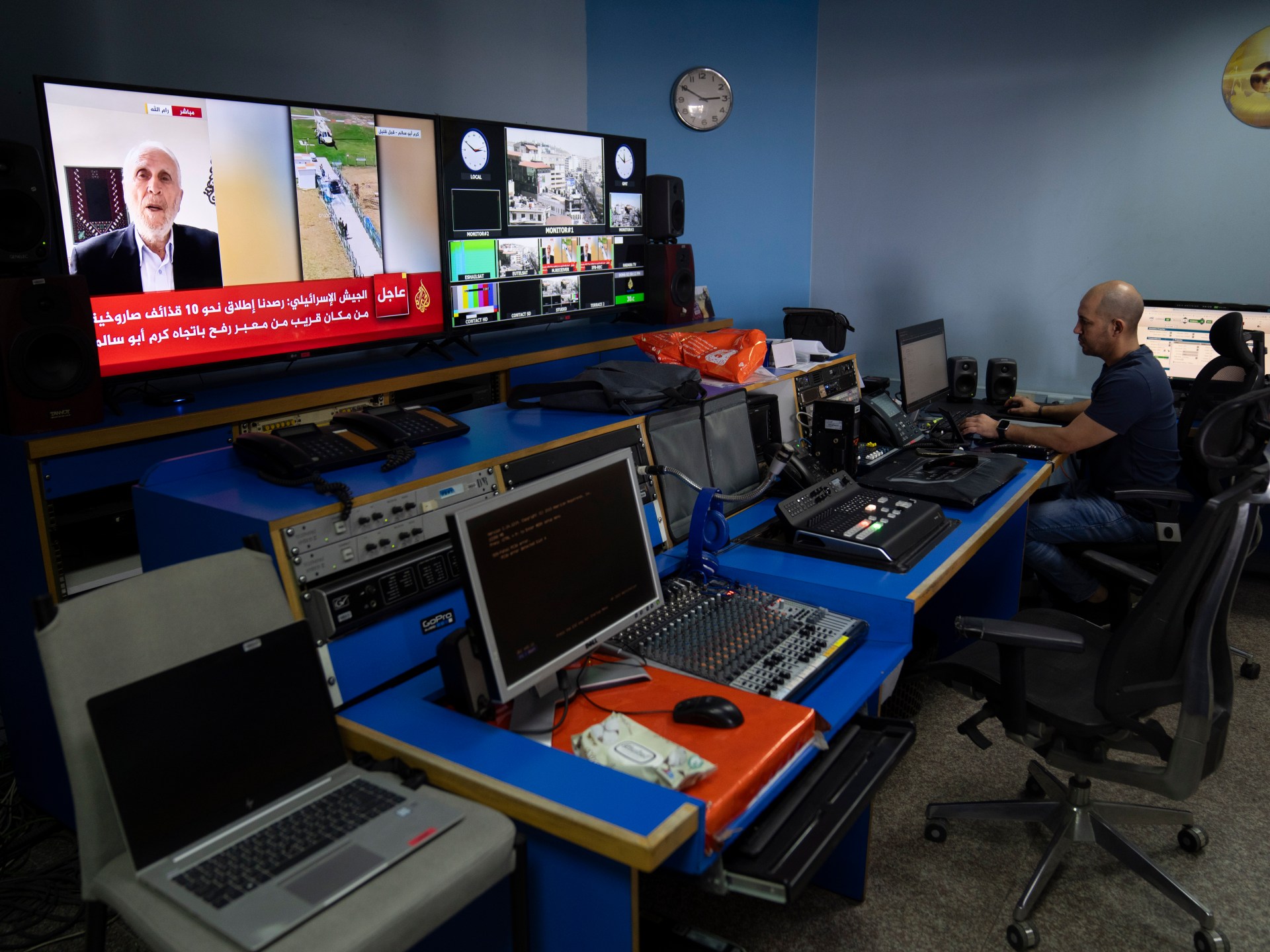
Palestinian Authority shuts down several Al Jazeera websites
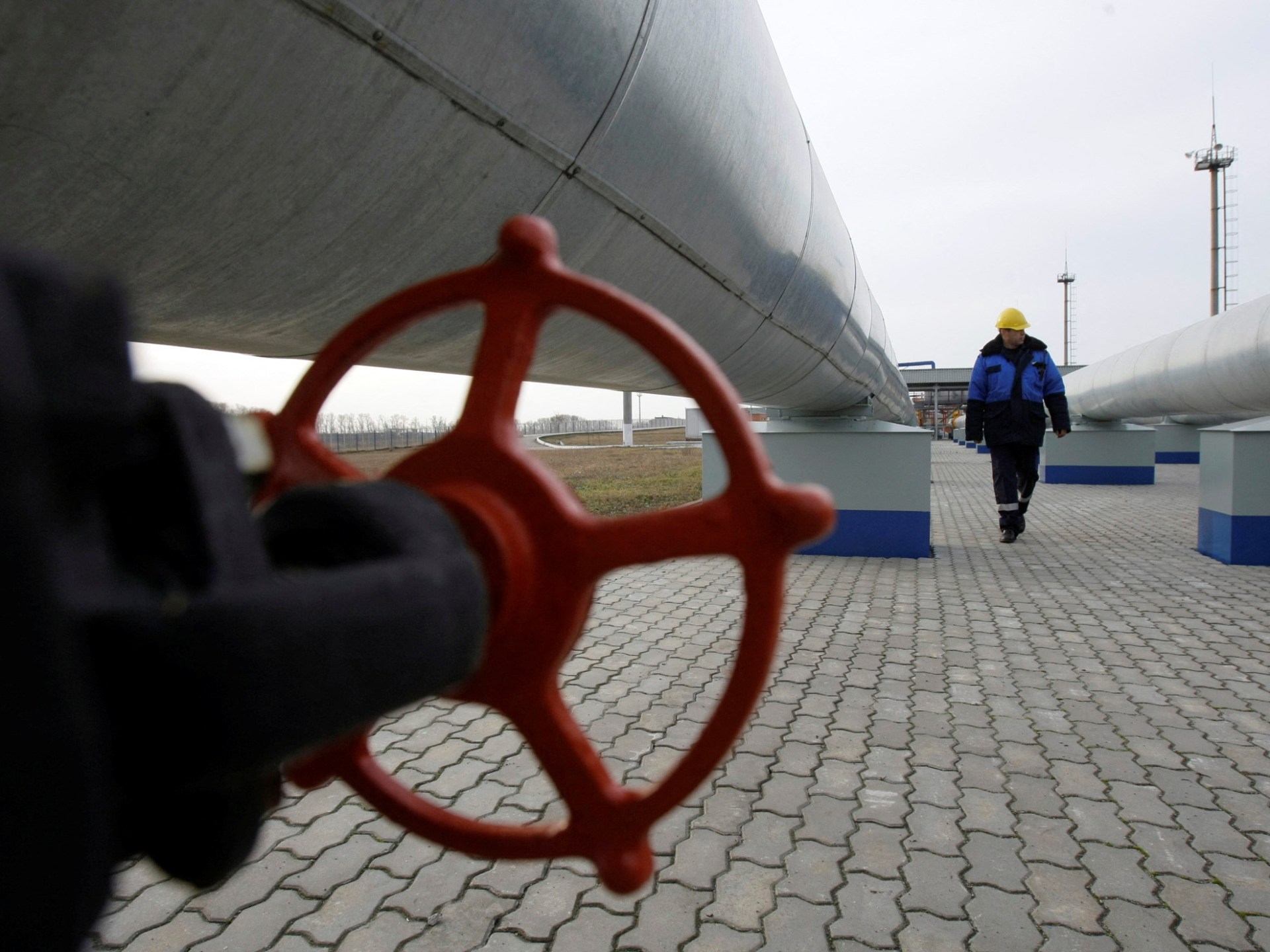
Russian gas supply to Europe via Ukraine halted after transit deal expires
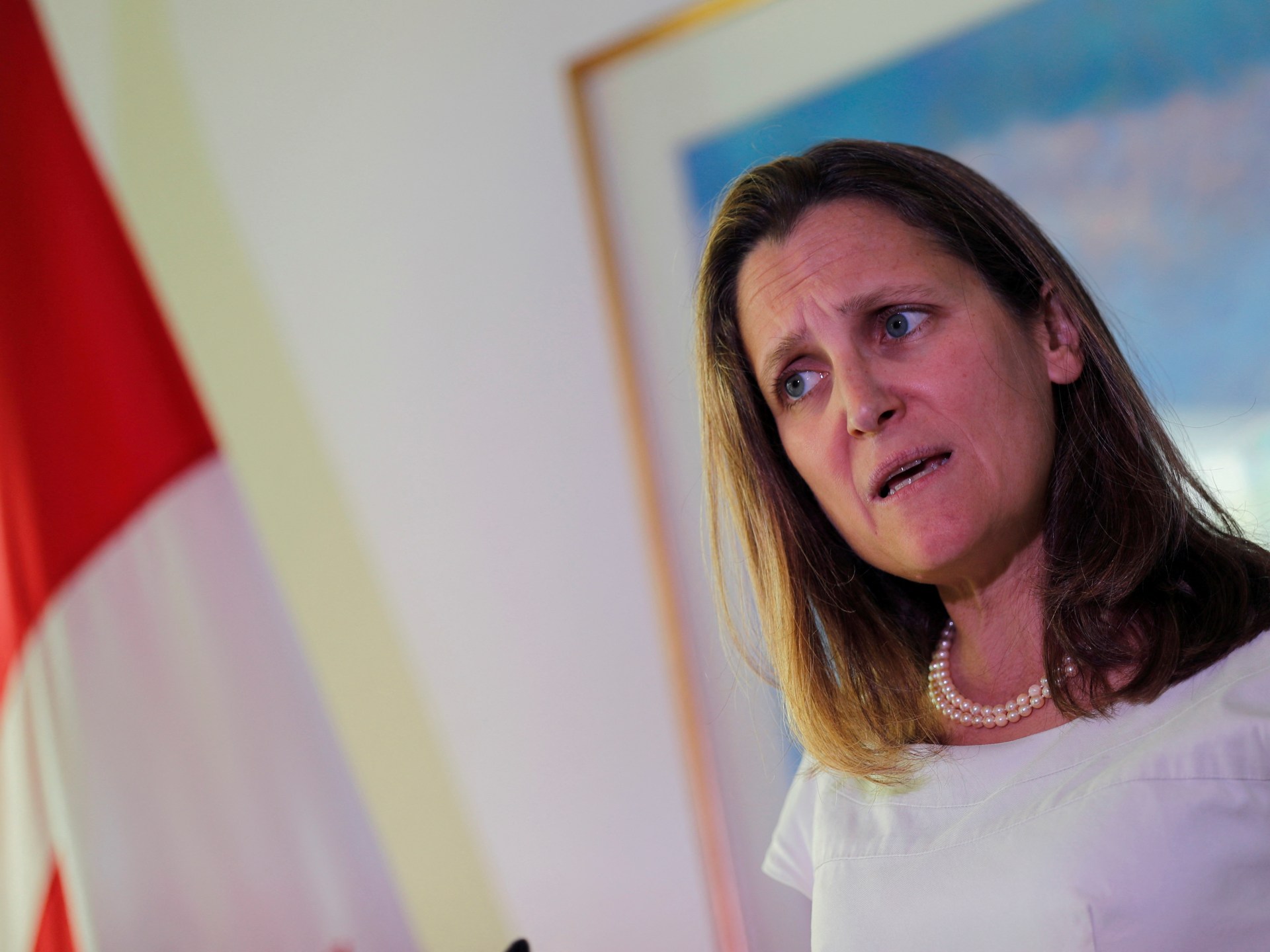
Canada finance minister resigns as PM Trudeau grapples with new Trump term
